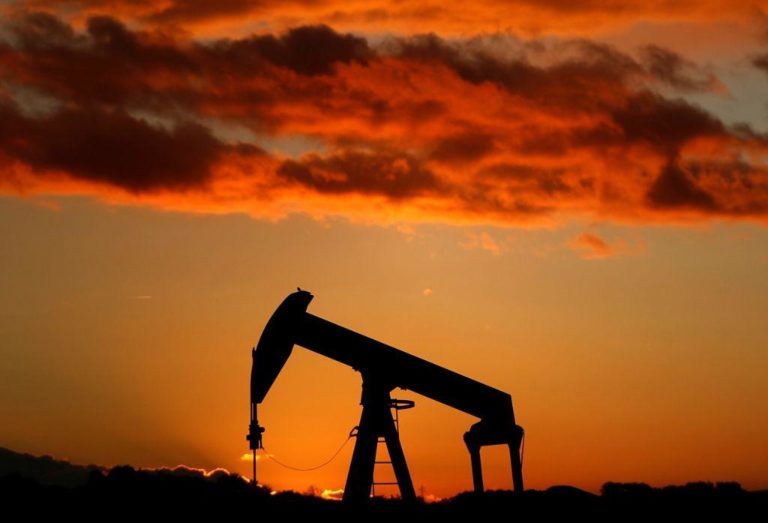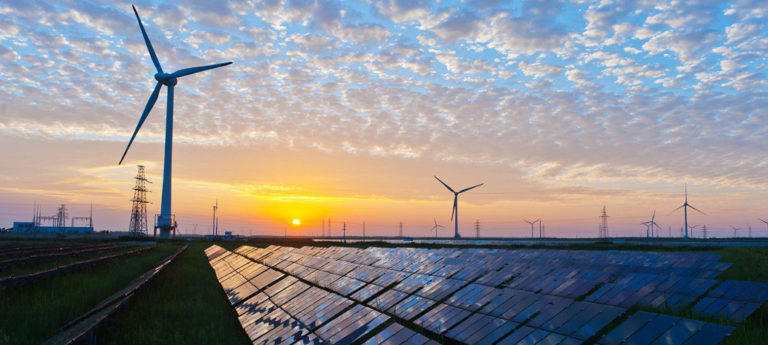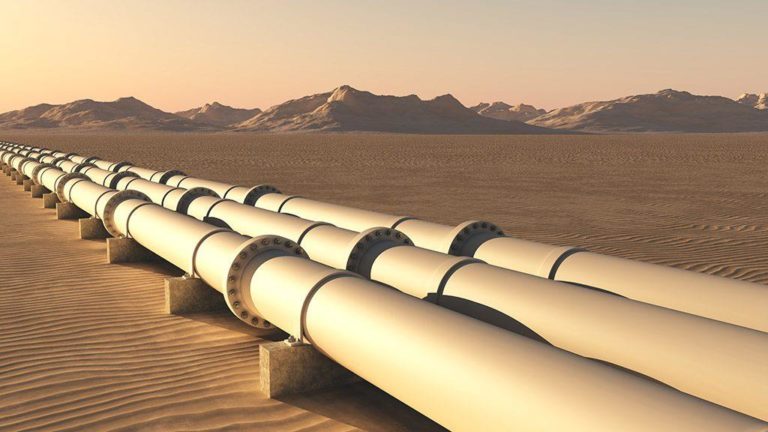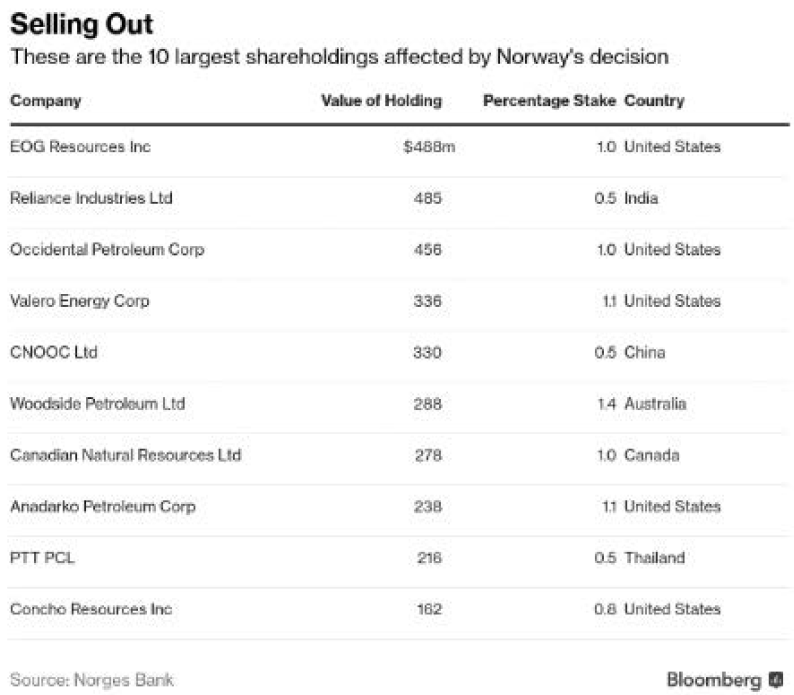AI can help fight climate change by optimizing energy efficiency
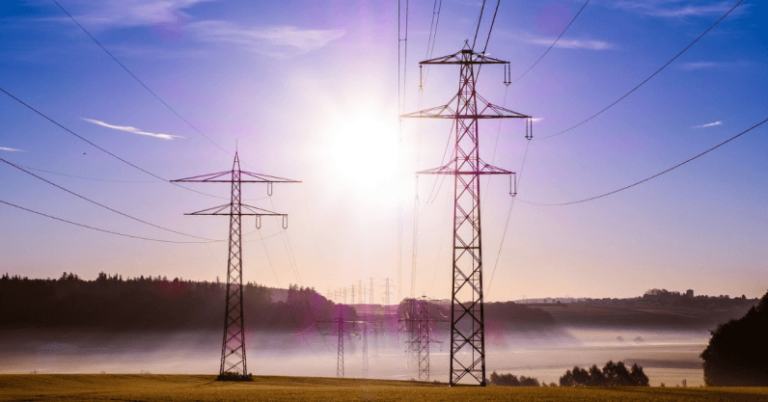
Man-made climate change is an undeniable fact, and the need to mitigate its damage is all too real. We need to make drastic changes in the next 12 yearsto prevent climate disasters and reach our goal of restricting an increase in global temperature to 1.5 degrees Celsius. Time is of the essence, and that’s where AI comes in.
“AI can make it much cheaper and much faster to analyze consumption data to find patterns that you can use to lower and make your energy use more efficient,” Henrik Brink told TNW at North Star AI in Estonia.
That’s why Brink founded Ento Labs, which helps companies and homes achieve better energy efficiency using AI — saving money and the environment.
“Energy efficiency is the only really direct way of lowering emissions,” says Brink. “And according to our initial research, there’s a huge opportunity for lowering emissions. There’s so many low hanging fruits of companies and industries that can be optimized a lot.”
Brink points out that the need for energy worldwide will skyrocket, if we continue on our path of electrifying more parts of our energy usage. Electrifying allows us to cut down direct emissions which is extremely important, but we need to couple that with energy efficiency to keep the indirect emissions of electricity production low. Basically, we need to optimize energy efficiency, which is AI’s forte.
Brink and his team created ‘Ento AI’ to help companies forecast their consumption and plan accordingly. The tool recommends specific energy efficiency initiatives — some in real-time — based on environmental impact and return on investment. Cynics could point out this is the ‘money-making way’ to save the climate, but realistically speaking, it could be the best way to get major businesses and industries to rethink their emissions.
Optimizing energy efficiency with AI can be an incredibly complex matter, but one of its simpler examples is choosing when to use energy. A big part of future energy grids is batteries, which can be used to store excess energy, and mitigate the variable output of renewables such as solar and wind. AI is essential in making these systems work, as it’s fast enough to observe a myriad of variables, and make real-time adjustments to ensure the least polluting energy source is always chosen.
Getting data to go green
Using AI to increase energy efficiency and reduce emissions is an incredibly promising approach, but it hinges on the availability of data — the lifeblood of AI.
“The key is good data, because if you just have data, you have to spend a lot of time cleaning it. That’s usually what you have to do for a company, as many have old databases scattered around in various places,” explains Brink. “You can’t just take it and use it.”
This problem also exists in our larger grids. Smart meters are becoming more common, giving infinitely better insights than manually checking them a couple of times a year. However, in most cases, this data is locked up or not gathered centrally, making AI optimization much harder.
“Centralized data hubs really allow us to build these models with one format. That’s what makes it scalable, and if it’s not scalable, it won’t have a meaningful impact,” says Brink.
Companies like Google are already using AI-based energy solutions for their servers, but if we’re to apply AI solutions on a bigger scale, we’ll need better data to support innovation by AI startups and companies.
A handful of countries in Europe — like Denmark, where Ento Labs is based — provide companies and researchers with the opportunity to access energy consumption data to benefit the environment and consumers. More countries need to catch up on the fact that changing the way they handle data could be a step towards achieving emission goals — allowing AI to find solutions we haven’t already.
Brink believes that this is only the beginning of AI’s role in cutting down emissions and finding more sustainable ways for energy consumption.
“AI will help plan future rates and future energy production, so that it will become cleaner. And the only way it can do that is if you understand the consumption in a very detailed way,” Brink explains.
With current climate models, we need to have net zero carbon dioxide (CO2) emissions by 2050, and almost net zero a whole lot earlier. We can achieve that by eating less meat, using renewable energy, and cuting down on plastic and single-use products — as well as running initiatives for proper data curation. It’s our shared responsibility to use all the tools at our disposal to mitigate climate change, and AI is one of them.


